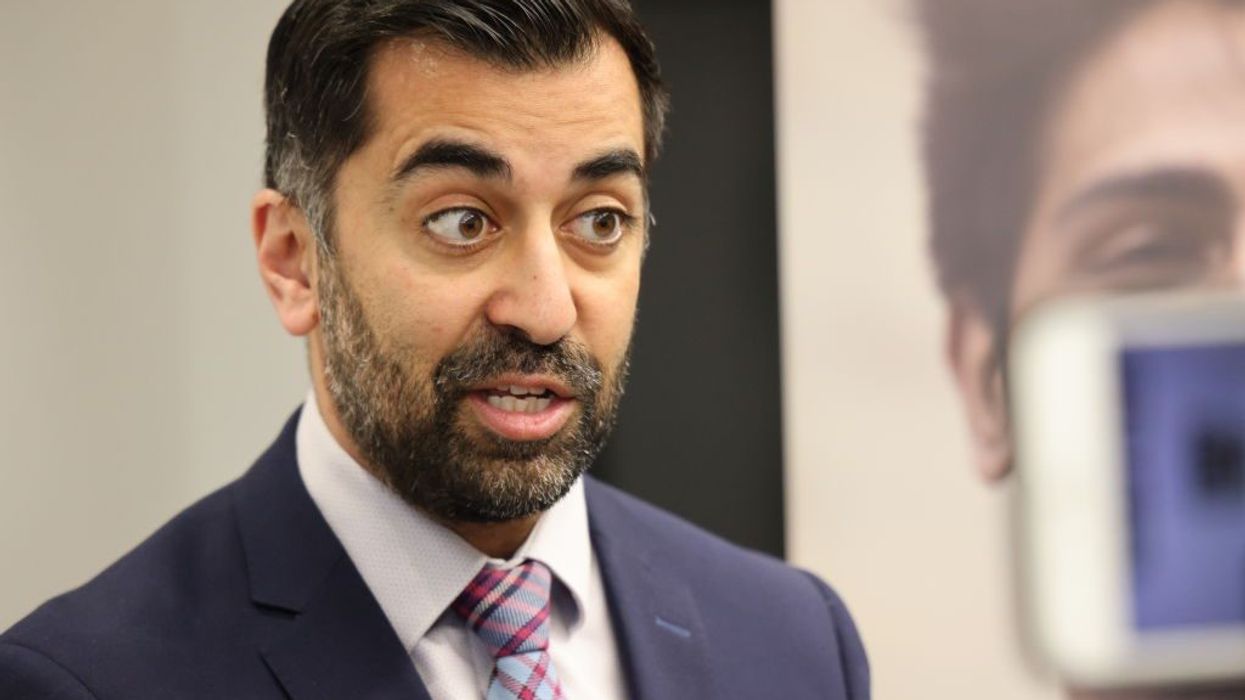SCOTTISH First Minister Humza Yousaf is set to travel to Brussels on Monday (26) in a bid to bolster ties with the EU, in his first foreign trip since succeeding Nicola Sturgeon in March.
Yousaf, who became the leader of Scotland's devolved government following Sturgeon's shock resignation, vowed to set out his "vision for a meaningful and mutually beneficial relationship with the European Union" during the three-day visit.
The Scottish National Party (SNP) chief will hold "a series of trade, diplomatic and policy engagements" while in the Belgian capital, his office said, days after pledging to place a permanent envoy there to aid the independence cause.
"Scotland has been taken out of the EU despite voting to remain, and the UK government's Brexit deal is making it harder for Scots to travel, work, trade and do business in EU countries," Yousaf said in a statement.
Scotland remains "steadfastly European and committed to strong, fruitful relations with our neighbours and partners" in the EU.
"During this visit, I will set out Scotland's vision for a meaningful and mutually beneficial relationship with the European Union, highlighting what Scotland can contribute to support the ambitions of the EU," Yousaf said.
His SNP-led government has policy-making powers over domestic issues, but the UK government in London formally handles foreign affairs.
Like his high-profile predecessor Sturgeon, Yousaf is pushing London to allow another referendum on independence, nearly a decade after Scottish voters convincingly rejected breaking away from the UK.
At an SNP conference on Saturday (24), he said the issue would be "front and centre" of the party's campaign in the next general election, expected next year, as the UK government continues to resist the demand.
Yousaf also said he wanted to establish an envoy to represent the Scottish government in Brussels and explain its independence policy to the EU.
Public support for the SNP has been sliding for the first time in two decades amid an ongoing scandal over party finances.
Sturgeon, former first minister and the key figure in the independence movement, was arrested and interviewed by police this month.
That followed her husband, the party's former chief executive, also being detained in April.
Both have denied any impropriety and have been released without charge.
Sturgeon, who came to power after the last -- failed -- 2014 independence referendum, unexpectedly announced her resignation in February, saying she lacked the "energy" to carry on.
(AFP)
Humza Yousaf seeks to foster ties with EU during Brussels visit
Scottish leader to hold trade, diplomatic and policy engagements in the Belgian capital




